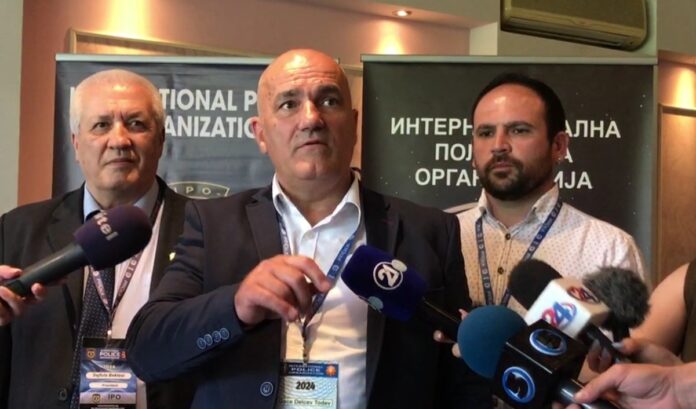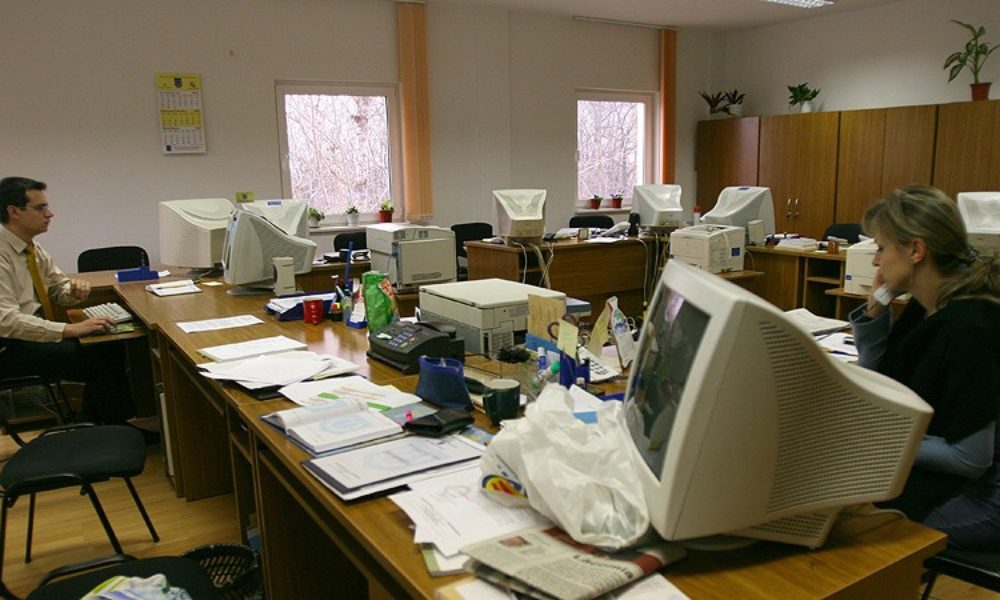Pope Francis is dead: Swiss Catholic takes stock

« He was open to conversations at eye level »: This Swiss Catholic takes stock – and believes that Francis’ reforms will survive him
Helena Jepessen-Spuhler has been involved in the Catholic Church professionally and privately for decades. The Swiss with Pope Francis discussed reforms in the Vatican. In the interview, she talks about what the late Pope has changed sustainably.
What remains of Pope Francis?
Helena Jeppesen-Spuhler: His commitment to the poorest, weakest, excluded, for social justice and for creation – for our planet. These were his heart’s topics.
What expectations did you have at Francis in his 2013 election? And which of them were fulfilled?
The election of Jorge Mario Bergoglio as the first non -European Pope since the 8th century was a big surprise. I had never heard his name before. From the new Pope I expected that he quickly tackled reforms. Already at the first appearance of his election it became clear that a new style moves into the Vatican.
To person
Born in Aargau Helena Jeppesen-Spuhler (58), studied at the religious education institute in Lucerne and worked as a catechist and parish tour guide. She has been working for the Catholic aid organization Fastenktion (formerly: fasting victims) for over 20 years. As one of three Swiss delegates, it was invited to the world synod by Pope Francis, who took place in the Vatican in October 2023 and 2024.
What was formative for this style?
Francis embodied the values and embossing of the church in South America, which is close to people in many places and very committed to the poor. It quickly became clear that its focus is on the orientation of the church on the pastoral work, the turn to people and the departure from a church that is primarily concerned with itself.
Where did Francis disappointed her expectations?
From a woman’s side we would have hoped that after the Amazon Synod in October 2019 he would take more courageous steps for the equality of the woman and the opening of the priesthood. The Synod had recommended that the Pope to be opened the opening of the Diakonate for Women and the ordination of already pastoral, married men. In his letter after the synod, the Pope did not take these steps. That was a bitter disappointment. However, these topics were taken up at the world synod, which he then called in 2021.
At this conference from bishops, priests, Religious and layperson were You in October 2023 and 2024 from the Pope as one of 54 voting women after Rome was invited. How did you experience him there?
Francis was the engine of this process. He has vigorously called up to think of the church in today’s world and in different cultures and to conduct controversial discussions. The dynamic he broadcast was impressive. During the breaks, he was open to conversations, completely uncomplicated and at eye level. I also was impressed by how exactly he listens to the female synod participants in women’s audience and responded to the clear speech.
Despite this openness, the dogms of the church remained largely unchanged. Was the late Pope theologically conservative when his unconventional style showed the appearance?
Francis embodied a strong contrast to his predecessor Benedict XVI, who focused very much on theology. Francis did not want to screw at church teaching first. He spoke of a « ruffled church » that exposes itself today and works for people. Only from this pastoral work did the theological questions follow for him. Francis did not want a church that turns around itself in a circle.
But was he a reformer or a keeper?
Pope Francis was a reformer. He steered a world church, a large ship. His two predecessors concentrated the power more in the Vatican. Francis has significantly strengthened the local churches and the say in the laypersons. Of course, this turn also triggered resistance. Maybe he would have had to hit a few plants in the past. But still: he has changed a lot in the twelve years as a Pope.
How do you think about?
He has increasingly occupied the Italian and European curia in Rome with employees from all over the world church. The synod process strengthened the participation of the laypersons and local churches. With a spa reform, he opened women access to the most important offices in the Vatican and put the Vatican Curia in the service of the local churches around the world. These are profound reforms that will also exist under his successor.
How did the church in Switzerland benefit from it?
Through the synodal process and the surveys in Switzerland, the Swiss perspective could be brought into the World Church and in Rome: We pointed out the great crisis of abuse and the enormous challenge due to the widely advanced secularization. We were able to show the important role that women already take on management offices of the church, for example as church leaders.
Francis strengthened the weight of Africa and Asia in the Cardinal College. Many dignitaries from these regions are extremely conservative, such as the role of women or homosexuals. What does that mean for the upcoming pope choice?
I think the cardinals appointed by Francis will continue his commitment to social justice and the future of our planet. I think his successor will share his values and openness. In my view, the conservative forces within the church are loud, but in the minority. If the decentralization and strengthening of the local churches started is reversed, the church falls apart at least in Europe. The election college is probably aware of this risks.
Is a European coming back now?
I doubt that. The church has become the world church. In other parts of the world, too, several cardinals and bishops bring the necessary profile. Regardless of the origin: it will be crucial that the candidates are credible when dealing with the abuse scandals.




:format(webp)/s3/static.nrc.nl/images/gn4/stripped/data133212425-ae69bf.jpg)


